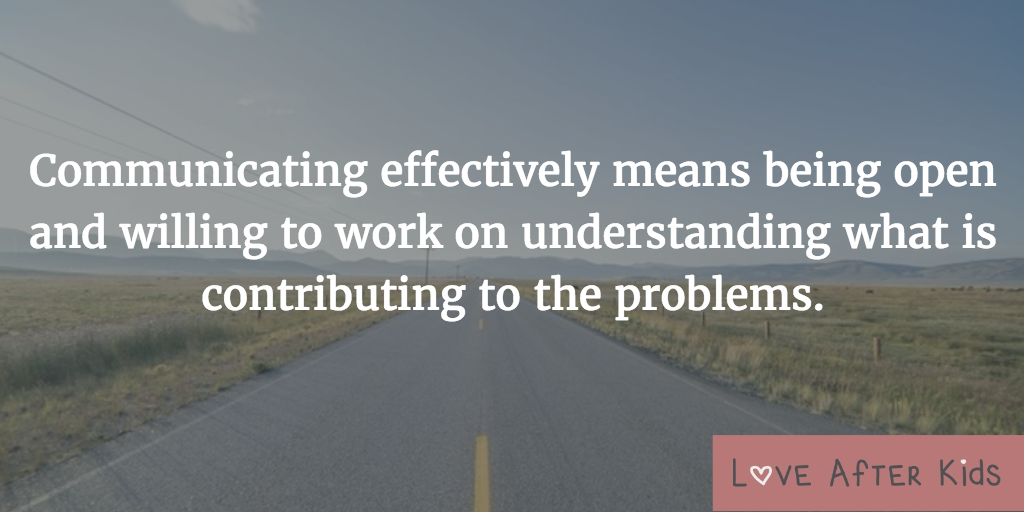| We can no longer ignore depression in our children Important article on depression and kids. Depression in adults has become much less taboo, in large part due to prevalence, but we have work a lot of work to do in terms of identifying and treating depression in kids. It's something we cannot afford to ignore. |
| It's okay to love your kid and be their friend We have gone from autocratic parenting to helicopter parenting and now you can read more and more about the repercussions of the latter. The author of this post is a mom that advocates for the place and importance of being friends with your kids, especially as it pertains to listening to them. |




 RSS Feed
RSS Feed